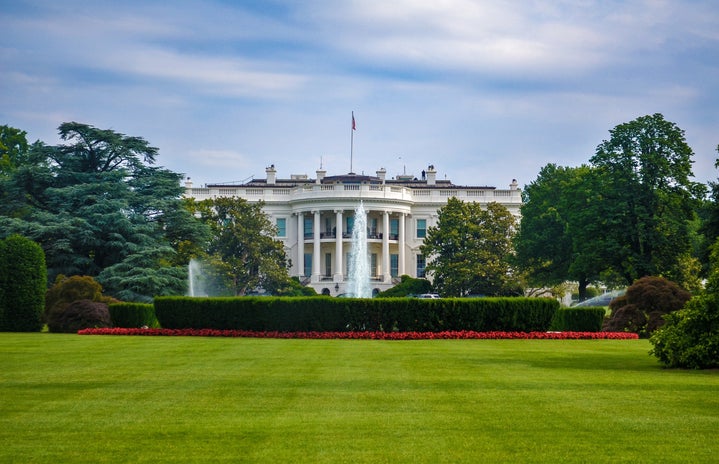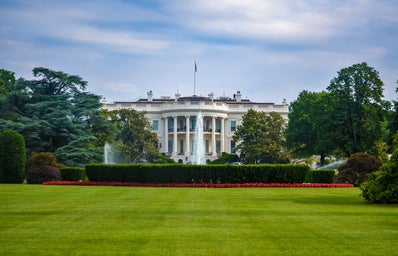Disclaimer: Any opinions stated are those of the author alone and do not reflect the opinions/position of HCND.
In case you missed the Inauguration on Friday, here is a closer look at Donald Trump’s first address to the American people as President, as it is important to stay informed about the current president’s intentions and goals for the nation.
1. Short length
Admittedly, it seems a bit strange to write “sparknotes” for one of the shortest inaugural speeches in American history. Compared to Obama’s 2013 address, which is organized into paragraphs on the White House website, Trump’s address is organized into very short paragraphs or even into individual sentences. This seems to match Trump’s oratory style, opting for short but potent phrases (such as “We will bring back our jobs. We will bring back our borders. We will bring back our wealth. And we will bring back our dreams.”) rather than detailed, verbose paragraphs. However, I was left wanting more detailed explanations of his plans for the nation (as I have desired throughout his campaign, to no avail).
2. Common vocabulary and plurals
Trump continues to use his own style of speaking by avoiding fancy jargon and incorporating common language in his inaugural address. This has been done by several past POTUSes so that the address is accessible to all listeners, but for Trump, it is especially characteristic. He emphasizes the nation as “we”, and also attacks “politicians” and “Washington”, frequently equating the two as the entity that keeps money and power from the collective “we”, the people.
Trump also makes heavy use of his campaign slogan “Make America Great Again”, which not only occurs verbatim several times but also resounds as the overarching theme of his address, and in the conclusion:
“Together, We Will Make America Strong Again.
We Will Make America Wealthy Again.
We Will Make America Proud Again.
We Will Make America Safe Again.
And, Yes, Together, We Will Make America Great Again. Thank you, God Bless You, And God Bless America.”
3. Bleak outlook?
Past presidents have discussed in their inaugural address the present state of the nation, what needs to change, and how he plans to enact that change. Trump does the same, though his language about the current state of the country came across as rather bleak. “Rusted-out factories scattered like tombstones across the landscape of our nation” or “American carnage” seem like harsh and discouraging depictions for an inaugural address, which traditionally should enthuse the American people about the actions taken over the next four years.
(I literally typed “American carnage” into Google to see what would come up…)
It seems Trump is trying to emphasize why massive change and an “America first” policy is necessary during his term as president, pairing this stark imagery with talk of a “day of victory” for the American people. The juxtaposition is a bit odd to me, though.
4. Nationalism
Speaking of “America First”, Trump’s address resounded strongly of nationalistic sentiment, which isn’t fully a surprise based on his campaign history. Much of the rough second half of the address was focused on this theme, in which he vowed to put all American needs before the needs of foreign nations:
“We will follow two simple rules: Buy American and Hire American. We will seek friendship and goodwill with the nations of the world – but we do so with the understanding that it is the right of all nations to put their own interests first.”
Healthy patriotism is a good thing, and for any country to thrive, it must look after its own needs before effectively helping its international neighbors. However, I find it a bit concerning that Trump adds, “America will start winning again, winning like never before.”. He consistently interchanges patriotism with nationalism in his address, which is a dangerous equivocation. I can’t help but think back to manifest destiny type agendas when I hear this, especially as he states “The Bible tells us, “how good and pleasant it is when God’s people live together in unity.” adjacent to his “America first” policy. Are only Americans meant as God’s people then? And are all Americans included in that statement?
Truly, is it good when all God’s people live together in unity, but if the address is any indication of the next four years, we will have to continually remind the president and his administration who God’s people are, inside and outside this country, regardless of age, race, gender identity, sexual orientation, religion, political and economic status.
Follow HCND on Twitter, like us on Facebook, Pin with us and show our Instagram some love!

